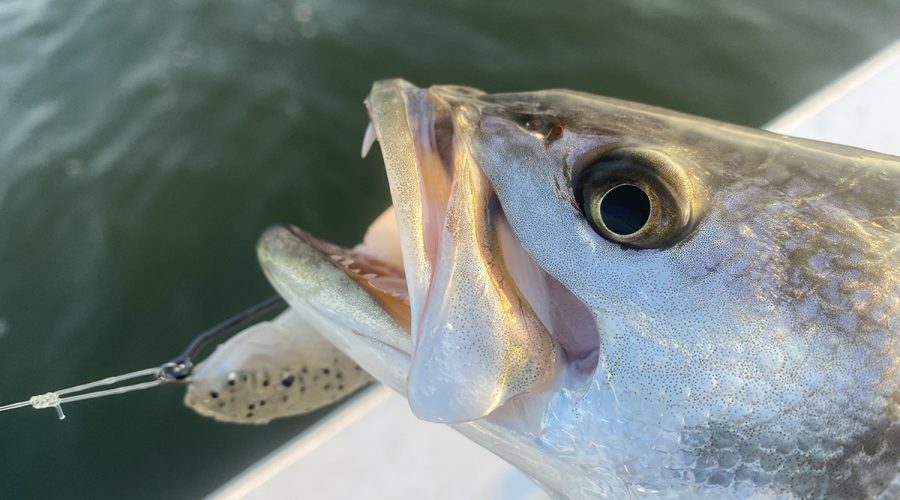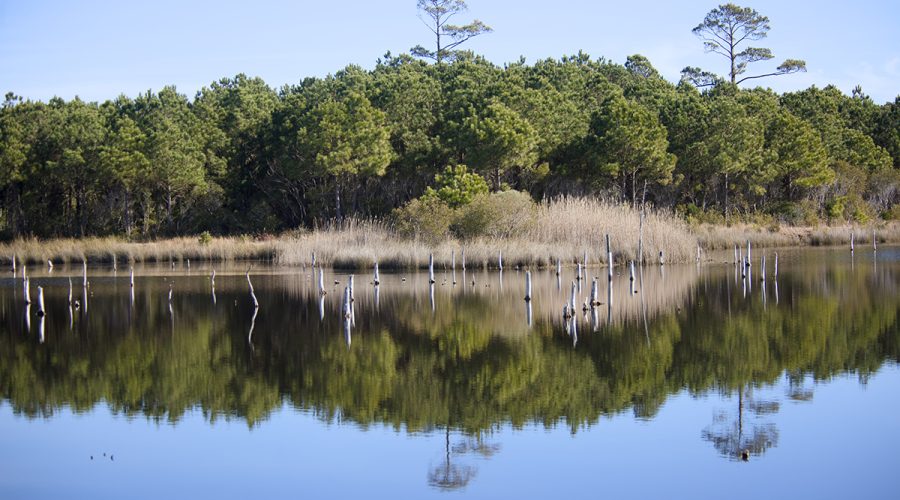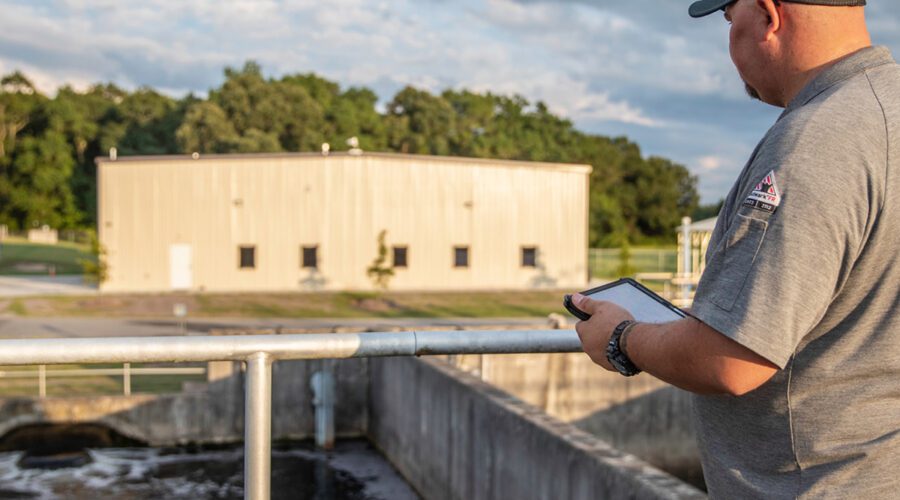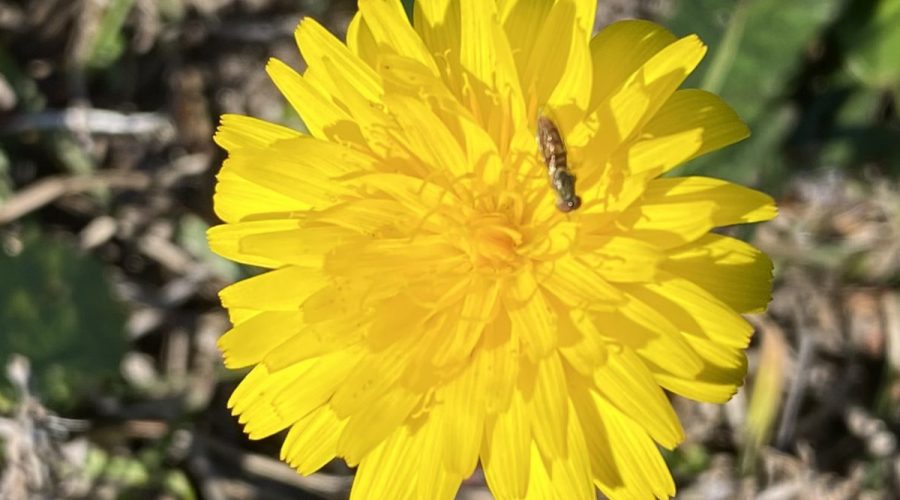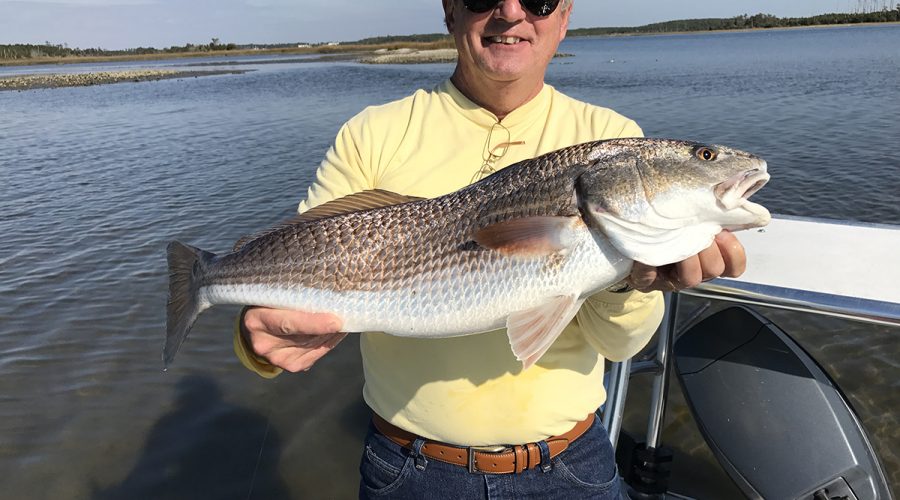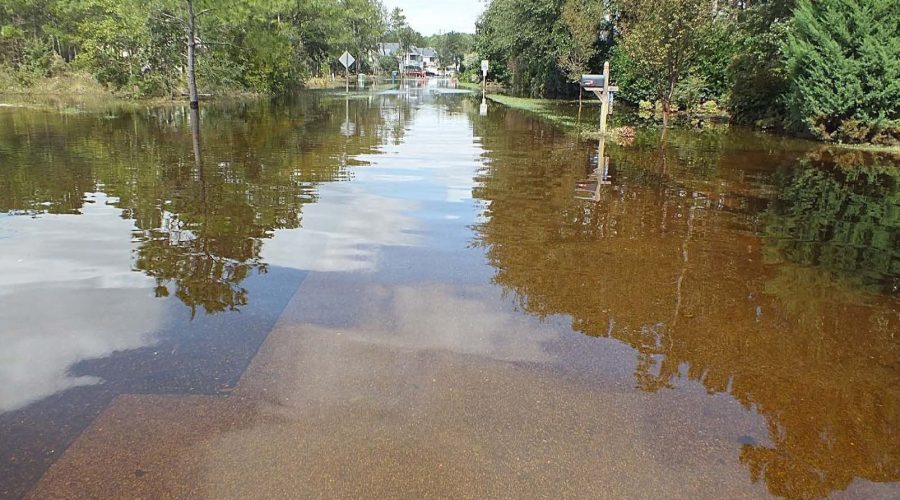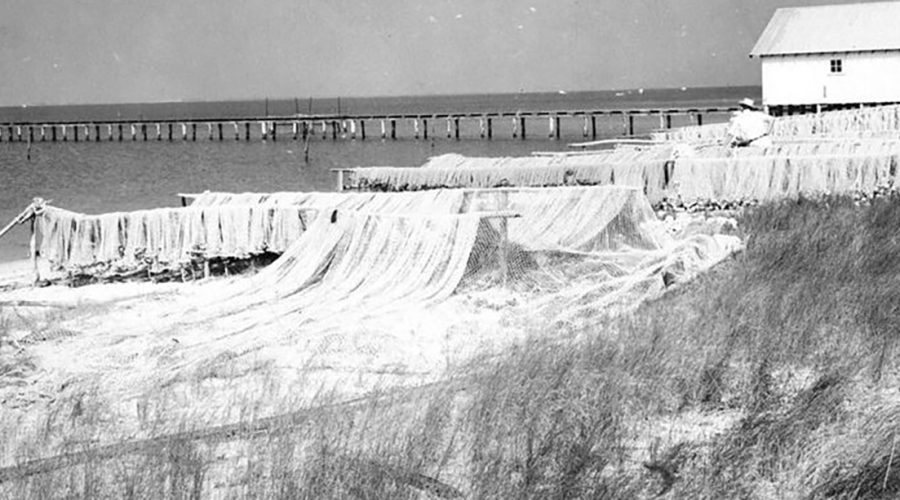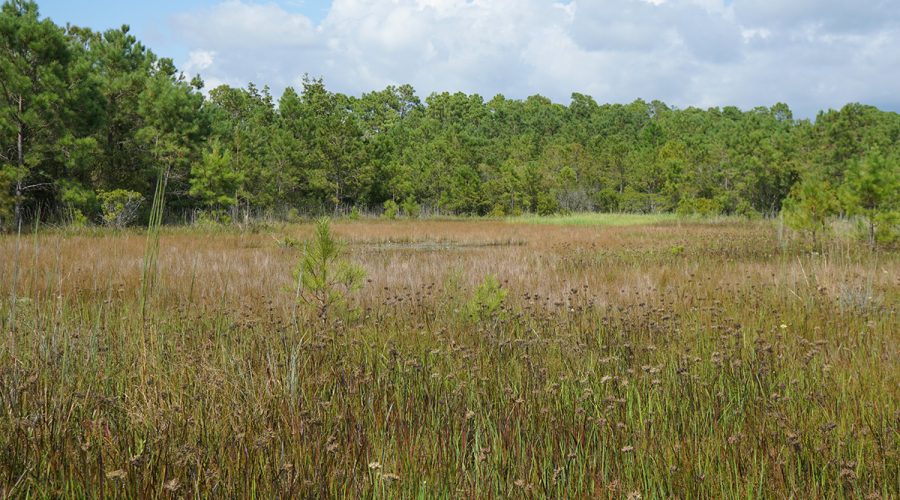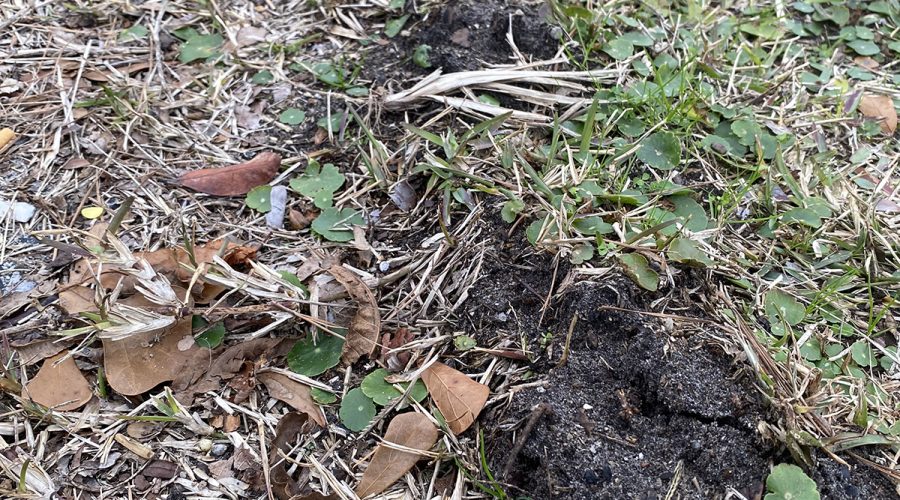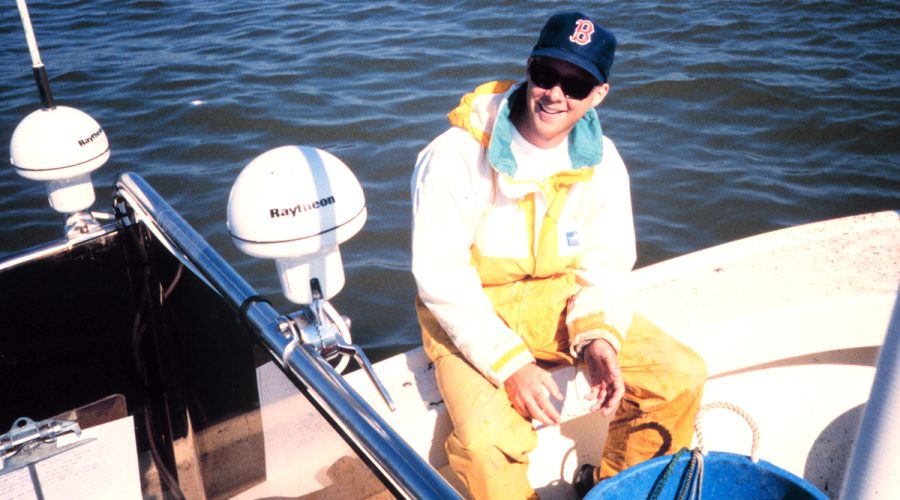The N.C. Division of Coastal Management has granted a request by the Corps of Engineers to indefinitely pause the division’s review of whether the proposed project conforms with state coastal management program laws, regulations and policies.
Featured
Raising awareness of Outer Banks history on Eastern Shore
Joan Collins shares how she is thrilled to have been invited by The Water’s Edge museum in Oxford, Maryland, to talk next month about her family’s deep ties to Roanoke Island and the U.S. Life-Saving Service.
NC State team develops simulation tool for offshore energy
North Carolina State University researchers have created a model that simulates wind, waves, tides and currents to help pinpoint areas best suited for various types of offshore energy generation.
No matter the choice of lures du jour, know-how reels ’em in
Plastic lures have been around for a long while and while the list of most popular constantly changes with improvements along the way, they’ve almost always caught fish — for those who know how to use them.
‘Smell of money’: Menhaden Chanteymen’s music still echoes
The last surviving member of the Menhaden Chanteymen of Beaufort’s former industry has died, but while “Fishtowne’s” processing plant and its associated aroma are in the past, the once-proud laborers’ work songs live on.
Harbor project may risk Orton, other Cape Fear historic sites
Advocates for and owners of historic sites near the North Carolina Port of Wilmington urge the state to object to a proposed federal project to deepen and widen the harbor to accommodate larger ships.
Confounding, confusing: Patience key at Manteo Marshes
The milelong hike around Manteo Marshes can be a birdwatcher’s joy — or not — so be patient because when it’s good, it’s spectacular.
Commission OKs advancing wastewater rules to public review
The public will soon be able to lodge their comments about proposed rules mandating that public sewer plants test their treated discharge into rivers, creeks and streams for three types of per- and polyfluoroalkyl substances and a chemical solvent.
Wonderful winter weeds are here — whether loved or loathed
Winter is far from devoid of living plants, with all kinds of species thriving throughout, and this is also a good time to brush up on plant-identification skills because many winter weeds are edible, even much-hated kinds.
Illustrated guidebook for Dismal Swamp’s snakes gets update
First published in 1992, “An Introduction to Snakes of the Dismal Swamp Region of North Carolina and Virginia,” has been revised with minor updates on species and taxonomy.
Going to school: Know what to do, not to do when fishing
Too many people don’t know or don’t care about anything but themselves, and they can ruin the day for all concerned, so here’s what to know before you go and you won’t become one of “those” guys.
NOAA storm prediction modeling in midst of major update
National precipitation forecasting has for decades been hamstrung by static and inadequate climate models, but new tools are in development to provide more accurate rainfall predictions.
Our Coast: On the shores of Harkers Island, 1944
Historian David Cecelski looks beyond the tranquil scene in this image featuring Capt. Stacy Davis, his fish house and nets on Harkers Island, and at the great upheaval here in the years between the 1933 hurricane and just after World War II.
New year, new definition: Feds set to limit water protections
The public has until Monday to comment on the Environmental Protection Agency and Army Corps of Engineers’ proposed changes to the “waters of the United States” definition that are expected to limit eligibility for federal water quality safeguards.
Life rises from, returns to dirt, and hidden worlds teem below
Dirt is all around us. Under our feet. What we live on. What we build our houses and roads on. Dirt is just … there, something we don’t pay much attention to unless we’re cleaning up a mess somebody tracked in, or planting.
NOAA’s Chris Doley: Quiet leadership, lasting impact
In tribute: Chris Doley’s legacy at the National Oceanic and Atmospheric Administration is closely tied to his long and deeply influential partnerships with community-based organizations working on the frontlines of coastal restoration.




